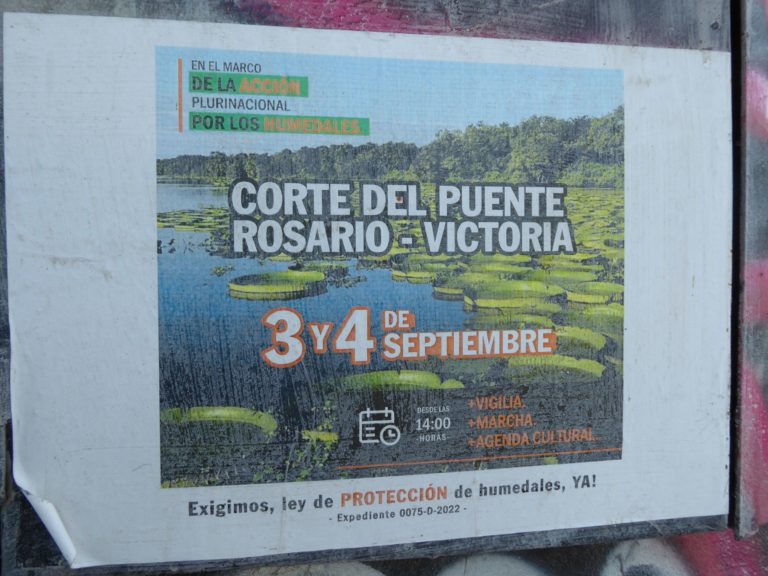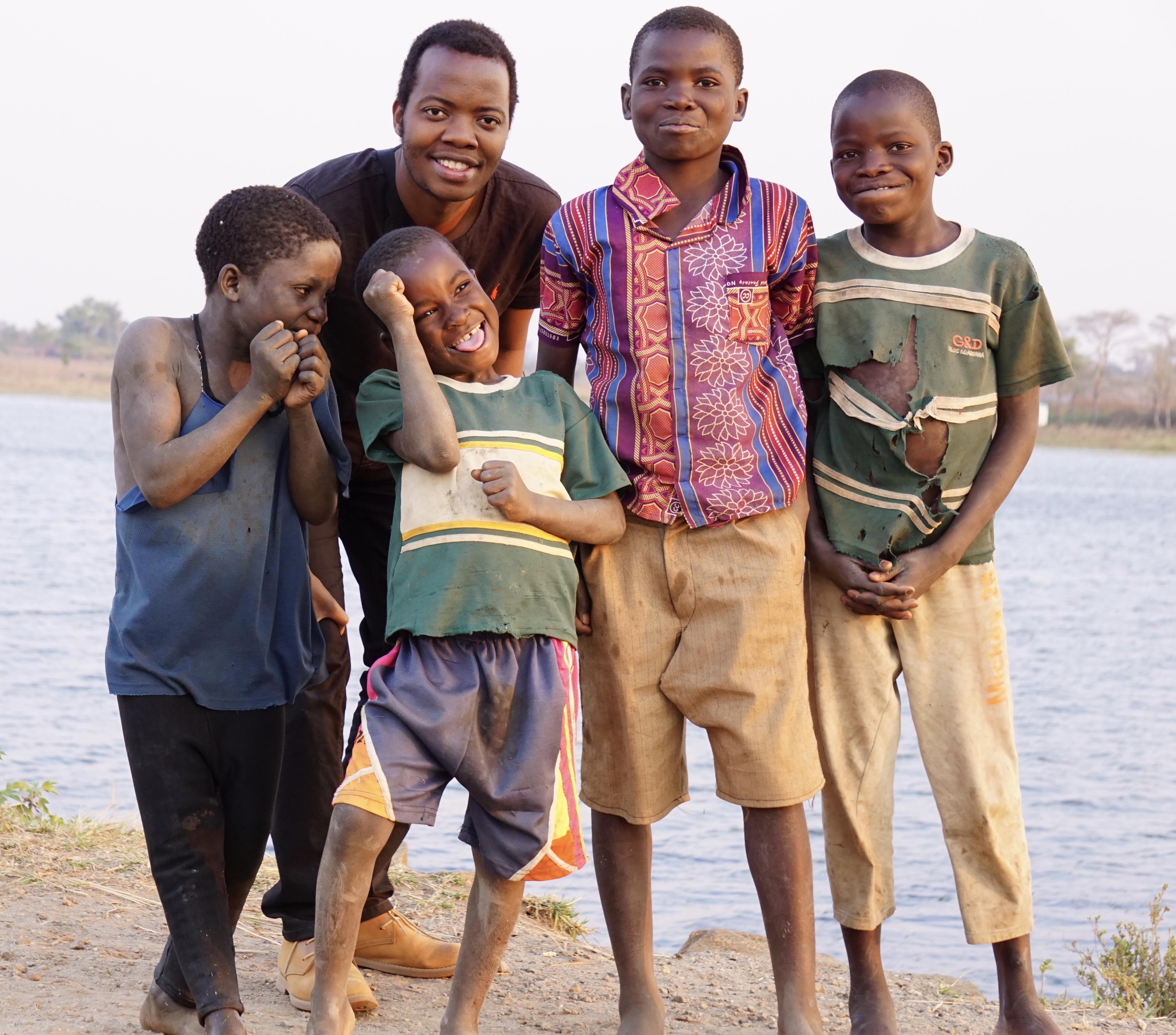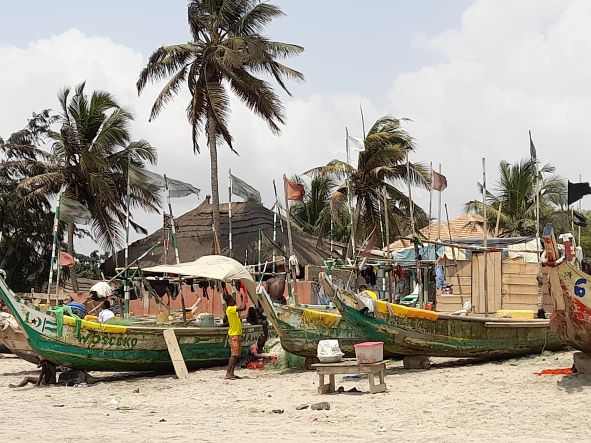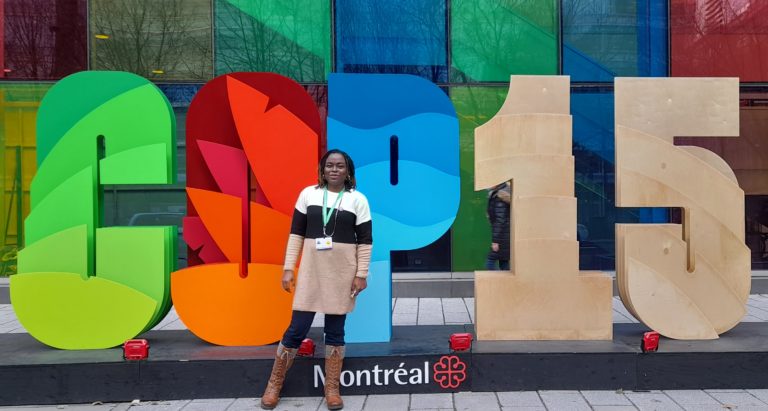Beyond Covid-19: The real pandemic in Honduras
Photos by Jorge Alberto Torres Castillo
A couple of weeks ago, I finally landed in my home country, Honduras. I had spent 18 months as a doctoral researcher at ZEF, Bonn, Germany including two North Rhine-Westphalia winters in a row away from my tropical homeland. Like many others that choose to leave for better opportunities, I traded warmth for well-being and colder temperatures. However, I was back in my country now in order to pursue my data collection, excited and swapping turtlenecks and coats for floral and sun dresses.
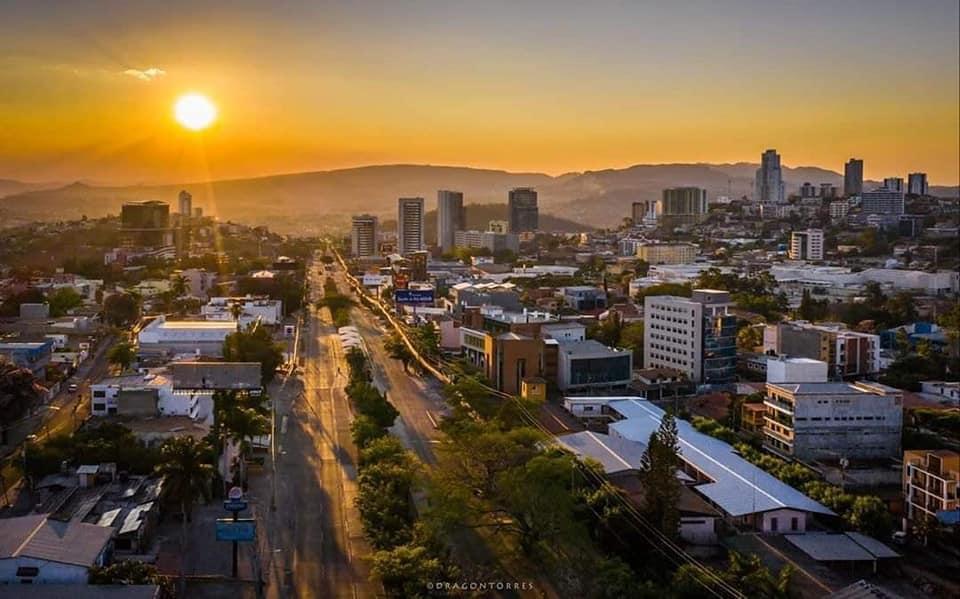
Warm memories evoked
The warmth I had described to my friends back in Germany was still present everywhere in Honduras, from the people in the streets selling plastic phone covers with big smiles, to the cab drivers sharing their profound stories during a traffic jam. I was promptly reminded of the heartedness stored in the smallest of exchanges with fruit vendors and pharmacy clerks. Although my mom rolled her eyes every time someone called her guapa (meaning“love” or “my queen”), my nostalgia for these interactions was so elevated, that I didn’t mind muting the feminist in me while buying some perfectly seasonal and ripped mangos. I was back at the source, reunited with the intense Central American sun, corn and all its forms and most importantly I was reunited with my family.
Covid-19 pandemic arriving at Honduras
By March 11, everybody’s plans, including mine, quickly started to crumble and intersected the many feelings that arise when you come back home during a crisis. The Honduran authorities had officially confirmed the first two cases of Covid-19. As in most countries those figures rose quickly. I continued to feel somewhat privileged to have just landed back home, but I was also immediately terrified to have landed back home amid the biggest infectious outbreak this generation has experienced. Forget the overkill of information regarding daily death rates, or about the collapsing health systems in Italy and Spain. I had just landed in Honduras, a country that promotes impunity and facilitates corruption at the expense of the public health system.

Weak public support systems
Thus, my nostalgic excitement quickly transformed into a combination of fear and rage, reminding me of the several unresolved injustices that made my decision to leave the country some years before so much easier. Inevitably, my mind recapped the monstrous Act of 2014 issued by the current National Government. This Act was directed against our social security system, which, apart from the 3,000 deaths we are still mourning, is responsible for the irreparable conditions of the current health system. This is probably the reason why Honduras, although dealing with a lower number of infections, has the highest mortality rate of Covid-19 cases in the Central American region (4.9% of mortality rate: Honduran Health Secretariat).
Behind the curtains of the public health system
My own and immediate reality is probably not one to complain about, but some days it is impossible to disconnect with the overall suffering that predominates in the city. Unlike other countries, we are not only scared of the virus, but we are terrified to be left in the hands of the public system, where residents like myself have to fundraisenurses’ and doctors’ basic scrubs, while they are forced to purchase their own face masks, working in the frontlines of this universal pandemic without so much of a glove provided by the state. Social distancing here is an upper-class privilege, as 70% of the population cannot stay at home and are forced to pursue their informal employment according to Honduras’ National Employment Secretariat (2020) in order to eat and sustain their families.
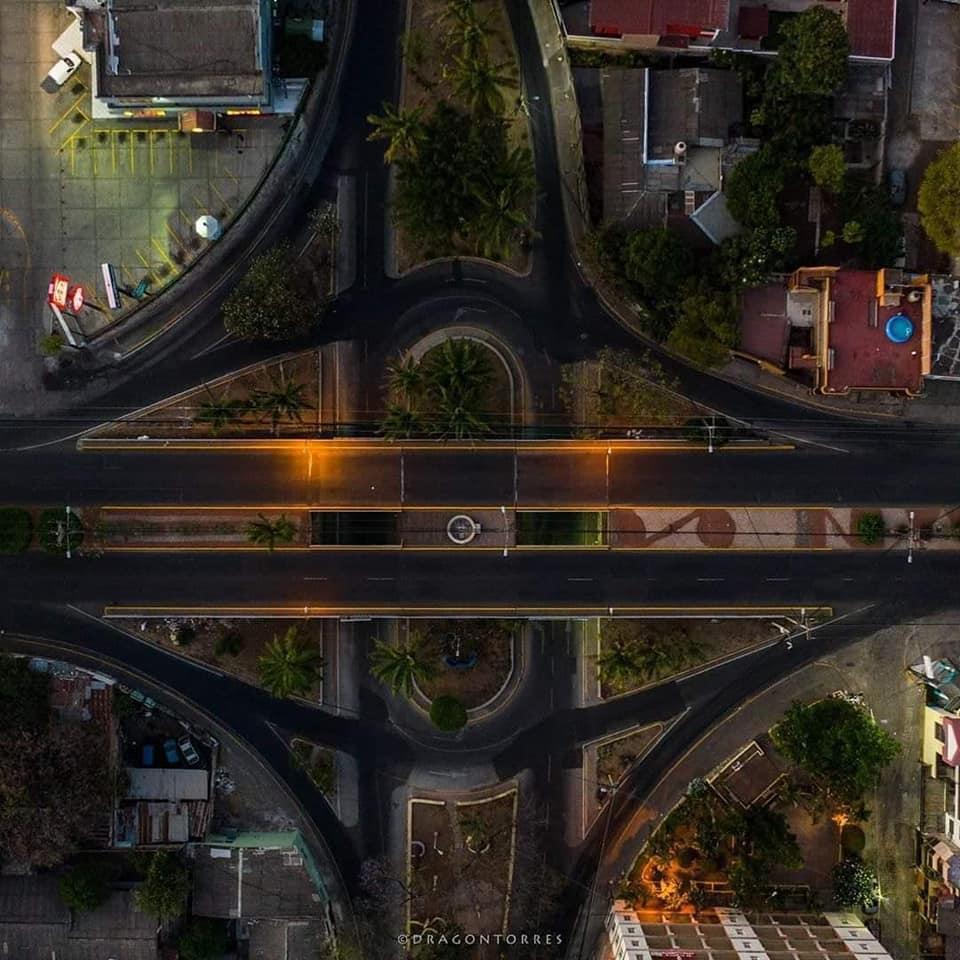
Outlook on our post-pandemic future
We are certain that the virus is temporary, but our nation’s crisis is not. We continue to be threatened by the embezzlement of international and national funds. We are now, more than ever, victims of inequality and pillage of what is left of the public system. The virus emphasized the inherent sexism and gender-based violence that prevails in the country. Just In the first 15 days of the quarantine, 80 legal complaints of domestic violence were processed, and sexual reports are expected to skyrocket by the end of the lockdown according to the Women’s Protection Office (2020). Without a reliable social network, scarier than the virus are the social, political and economic structures that are meant to protect us from it.
The real pandemic will last after this pandemic is over
COVID-19 has just shed a light on the real viruses in the country. The real pandemic would be to allow leaders to continue impugn for larceny of our social security structures. The real pandemic would be to allow leaders to continue structural violence against the fight for gender equality allowing them to reduce legal penalties for sexual and violence against women. The real pandemic would be to go back to indifference. I am certain we will see our street vendors and drivers smiling to us soon. The lack of physical contact will only make us hug each other stronger. The warmth that characterizes us will remain unharmed, but when the virus is defeated in a few months, I can only hope that in the end we realize that political truth and social justice matter much more.

The author is a doctoral student at ZEF.

